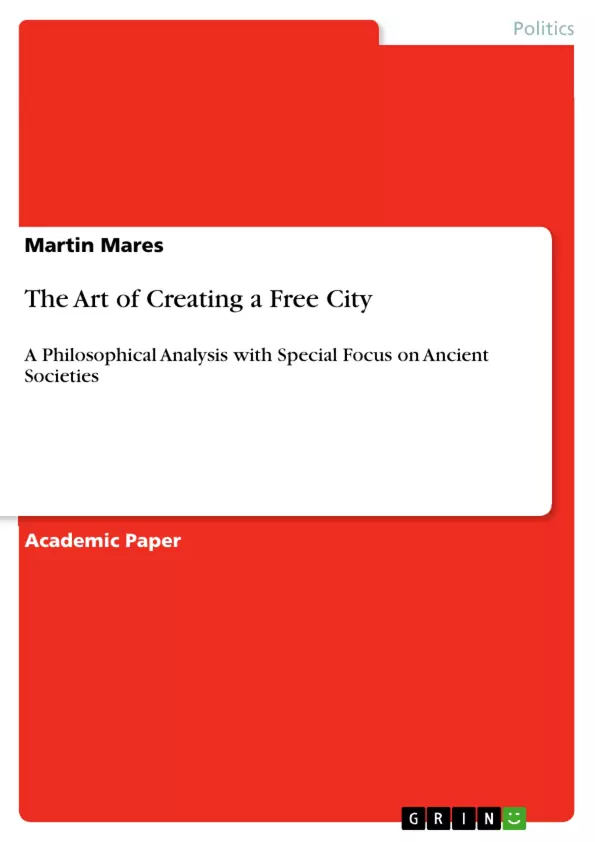This paper defends a unique understanding of the nature and purpose of "art" or "the arts." It goes beyond standard typologies of the arts as music, poetry, epic poetry, theater, painting, sculpture, architecture, and so on. It goes beyond the views of David Hume and Immanuel Kant, who thought of the arts as leisure time activities that stimulate the senses in some way and add a certain quality of human life. For Hume and Kant, the truly serious human endeavor was scientific inquiry, whether understood as Hume's empirical skepticism or Kant's a priori rationalism. In both cases, scientific inquiry is the only path to truth. For Kant, science is emotionally detached, universally true, objective, and the cause behind a new level of human evolution. For an empiricist, science is based on data that is collected and distorted with as little emotional and cultural bias as possible. The arts, by contrast, are expressions and reflections of emotions and cultures.
Both philosophers enjoyed the arts and thought of them as part of a complete human life, but they both trivialized the nature and power of the arts. They insisted upon detaching the arts of earlier societies from any claims about a supernatural realm and the connection between human nature, nature, and some kind of deity or deities.They do not give us scientific knowledge or knowledge about the ultimate meaning of human life. For Hume, we have no such knowledge. For Kant, the exercise of human reason and the indirect proof from the exercise of reason to the belief in God is the proper way to address questions of ultimate meaning. Religious belief is based on reason and our knowledge of its limits and must be separated from emotion and the arts.
Ancient societies, in contrast, took the arts much more seriously. The painting, sculpture, music, architecture, and so forth of ancient cultures was dedicated to leading the human psyche from the world of sense to a more profound, spiritual world.
Inhaltsverzeichnis (Table of Contents)
- Introduction
- Part One: Creating the Social Institutions and Traditions that Nurture a Culture of Spiritual Humanism
- The stories of Greek paideia
- Homer and Plato
- Greek tragedies
- Plato's dialogues
- Many traditions and institutions in Athens
- The Theater of Dionysius
Zielsetzung und Themenschwerpunkte (Objectives and Key Themes)
This paper aims to explore the significance of art and the arts within the context of ancient Greek culture, focusing on the concept of "spiritual humanism." It challenges traditional views of art as merely leisure activity, arguing that ancient Greek society deeply integrated art into its social, political, and religious fabric, using it to cultivate wisdom, justice, and virtue. The paper examines how art in ancient Greece promoted a higher purpose in life beyond mere survival, emphasizing a connection between human nature, nature, and a deeper reality.
- The role of art in shaping a culture of spiritual humanism
- The connection between individual choices and societal consequences
- The importance of institutions and traditions in fostering wisdom and virtue
- The use of art to guide human beings toward a higher purpose
- The relationship between art and the development of practical wisdom
Zusammenfassung der Kapitel (Chapter Summaries)
The first part of the paper delves into the social institutions and traditions that nurtured a culture of spiritual humanism in ancient Greece. It examines the role of stories like Homer's Iliad and Odyssey in shaping the understanding of social and political structures. The paper analyzes the city-state of Athens, focusing on its institutions, like the temple to Athena and the Theater of Dionysius, and their impact on the development of civic virtue. It discusses the significance of tragedy and its role in educating citizens about moral dilemmas and challenging societal norms.
Schlüsselwörter (Keywords)
The primary keywords of this work include ancient Greek culture, spiritual humanism, art and the arts, paideia, social institutions, traditions, wisdom, virtue, justice, tragedy, and the role of art in shaping human consciousness.
Frequently Asked Questions
What is "Spiritual Humanism" in the context of Ancient Greece?
It refers to the integration of art, religion, and social life to lead the human psyche toward wisdom, justice, and a deeper spiritual reality beyond the physical world.
How did Hume and Kant view the arts?
Both philosophers tended to trivialize the arts, seeing them primarily as leisure activities or emotional expressions rather than sources of objective truth or spiritual knowledge.
What role did Greek tragedies play in society?
Tragedies were essential educational tools used to explore moral dilemmas, challenge social norms, and foster civic virtue among citizens.
What is "paideia"?
Paideia is the ancient Greek system of education and training, which aimed at the holistic development of a virtuous and capable citizen through art, philosophy, and gymnastics.
How did ancient art differ from modern scientific inquiry?
While modern science focuses on empirical data and detached observation, ancient art aimed to connect human nature with the supernatural and the ultimate meaning of life.
- Arbeit zitieren
- Dr. Martin Mares (Autor:in), 2013, The Art of Creating a Free City, München, GRIN Verlag, https://www.grin.com/document/495598



